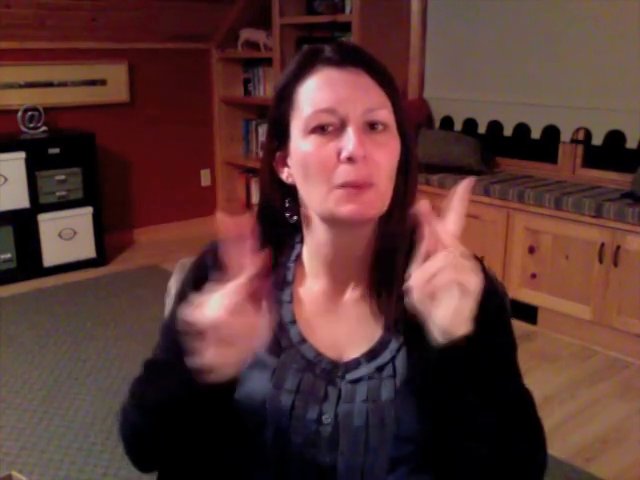This article originally appeared at i711.com.
Last week, I was at a restaurant with a Deaf friend and her adorable baby. As we were chatting, a woman came up to our table and asked which of us was the mother. The stranger then pointed to her ear quizzically, asking if the baby could hear. When my friend nodded politely, the stranger proceeded to play with the baby.
I, with no personal experience of motherhood, asked my friend, “Do hearing people usually do that, ask if your baby can hear?!” She nodded, saying it happened all the time. I was absolutely floored that strangers would ask such a question, and a bit offended. I didn’t quite understand why I felt offended, especially if it’s generally acceptable for Deaf people to ask that very same question. I often ask Deaf people if their babies are Deaf or hearing – so why was I offended by this woman’s curiosity?
After some thought about this matter, I realized that it boils down to culture. When I ask a person whether a child is Deaf or hearing, it’s because it gives me an idea of what the child’s identity may be. (Sidenote: at a recent Deaf culture workshop I presented, the majority of the Deaf attendees agreed that they preferred to know if a person was Deaf or hearing, regardless of age, for a variety of reasons. So this “need to know” doesn’t only apply to babies.) Truth be told, I’ve tried to not do that so much lately because I feel that it doesn’t matter if a person’s baby is Deaf or hearing, American Sign Language should be used. After all, research has proven ASL’s success with hearing babies, so why not sign to the baby regardless of hearing status? Besides, I never use my voice, so I sign all the time, anyway. But I still always have the desire to know whether a child is Deaf or hearing for cultural reasons, so I continue asking Deaf people that.
Back to the question of why it’s more acceptable for a Deaf person to ask another Deaf person about a baby’s hearing: Maybe it’s because both persons come from the same culture with shared experiences, and are often excited to find out that a baby is Deaf. When a hearing stranger who has absolutely no connection to the Deaf community asks if a baby can hear, this is cause for suspicion. Perhaps it’s because we worry that the hearing person is going to express sadness and pity if the baby is Deaf, or relief if the baby is hearing.
In fact, it’s almost funny how many times, when I tell hearing people I have Deaf parents, they get a sad look in their eyes and say, “I’m so sorry. That must have been hard.” Quite the contrary, actually – I had such a trouble-free upbringing, communication-wise. It’s certainly annoying to see this bias, but it’s even more annoying to see people express sadness for hearing babies who have Deaf parents or for Deaf babies with Deaf parents. So maybe that’s where our guarded nature comes from.
As I watched the woman play with my friend’s baby, I wondered how she would have reacted if the baby was Deaf. Would she have said, “Oh, okay,” and walked away without playing with the baby? Or would she have played with the baby either way?
I don’t know. The day hearing people accept that being Deaf isn’t a curse is the day I’ll stop being guarded when a hearing person asks, “Can the baby hear?”
Copyrighted material. This article can not be copied, reproduced, or redistributed without the written consent of the author.

